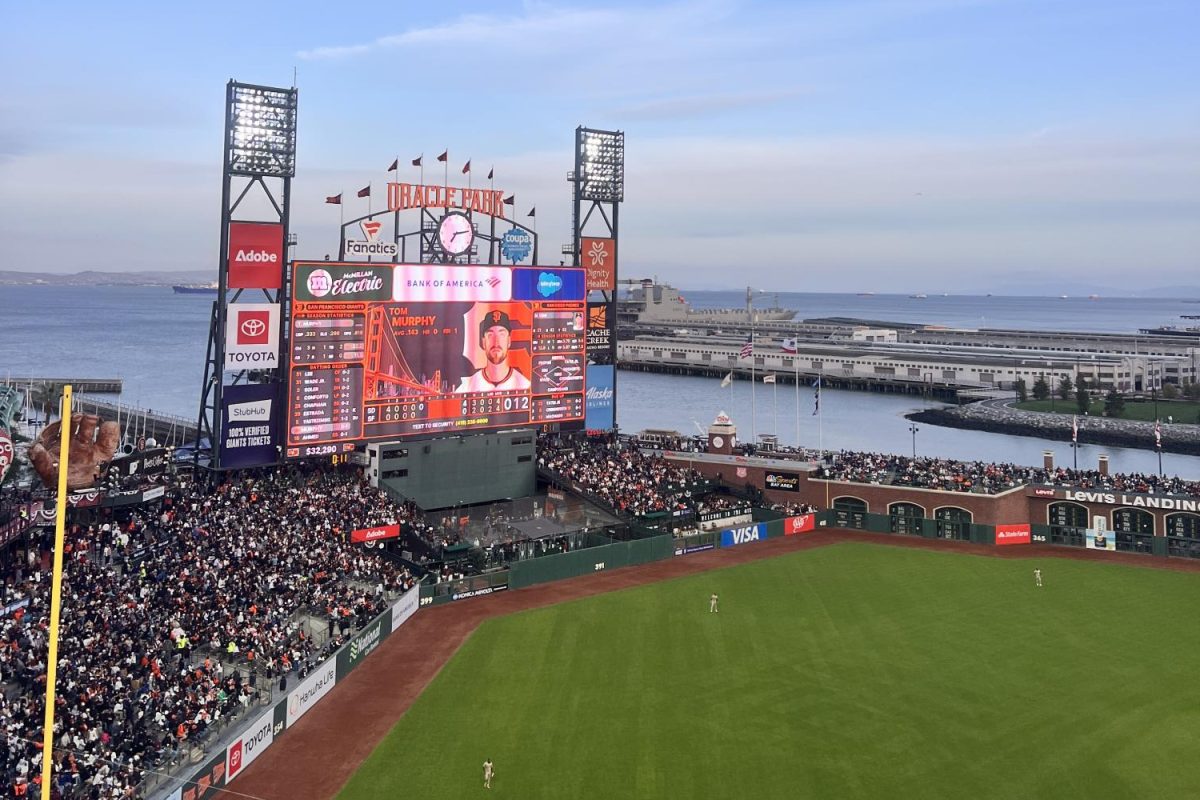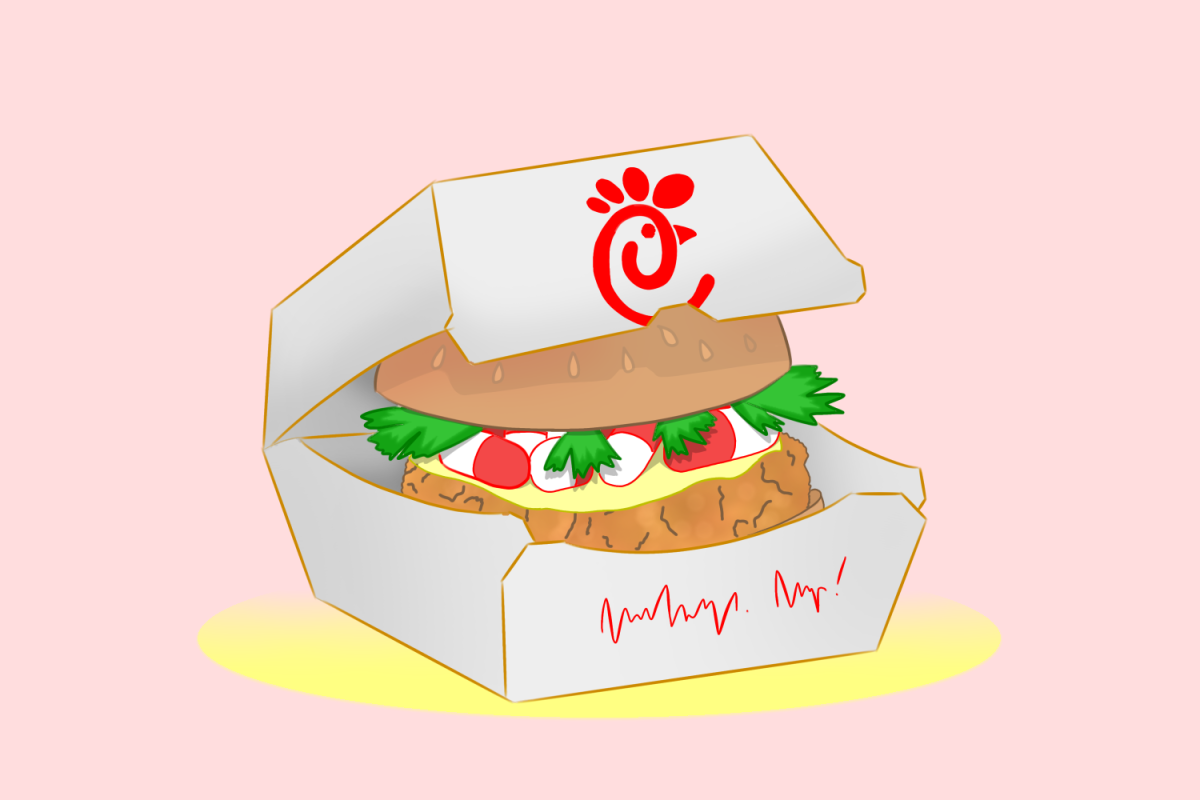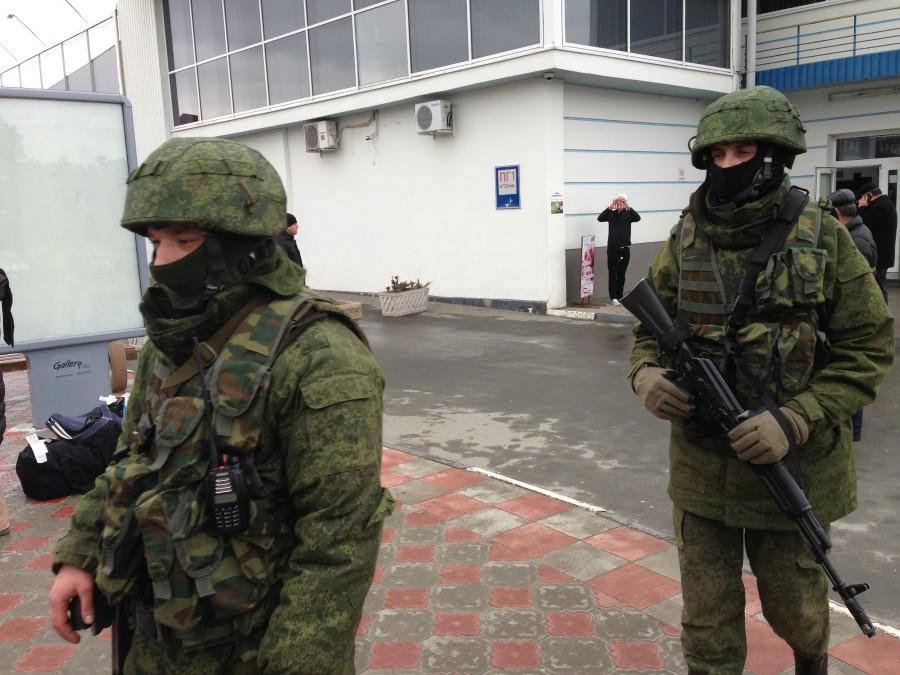Europe’s borders have undergone a slight adjustment.
On March 21, Russian President Vladimir Putin signed a law officially annexing Ukraine’s Crimean peninsula to the Russian Federation.
The international community, including Ukraine, has condemned the action and assert that Ukraine should still claim some degree of authority over the region.
Annexation is “the permanent acquisition and incorporation of some[territory] into another geo-political entity,” according to Wikipedia. Effectively, Russia has absorbed the peninsula of Crimea into its borders.
Ukrainian Carlmont student Toni Lupilin said the takeover “definitely wasn’t justified because Crimea was officially Ukraine’s territory and they had no right to [it].”
After signing the law joining Crimea to Russia, Putin said, “We have a lot of work ahead to adapt Crimea to Russian legislation… I ask deputies of both chambers to do their best in the interests of all Russians and of Crimeans especially.”
The cause of the takeover can be traced back to the violent protests early this year, which ousted then-Ukrainian President Viktor Yanukovych after his refusal to close a deal with the European Union (EU), caused Yanukovych to flee, and triggered the entry of Russian military into Crimea as early as Feb. 28, according to the Washington Post.
Russian forces have seized Ukrainian ships and most of the area’s military bases.
Mark Lowen of BBC News witnessed the taking of an air base in Novofedorivka. “It was quick, well-organised and over before the Ukrainians could fight back; much like Russia’s entire takeover of Crimea,” he said. Reports mention the use of distraction grenades, guns, and the Russian special forces.
The Russian Kremlin has said that its actions were done to protect its “compatriots” in Crimea. Ukraine denies their claim, however, and has accused Russia of using “blatant lies” to justify the land grab, according to BBC.
A referendum was held in Crimea on March 16 on the topic of whether or not to rejoin Russia. Ninety-seven percent of voters approved the proposal to rejoin, according to usatoday. Like many eastern Ukrainians, Crimeans (of whom nearly 60 percent are Russian) feel close ties to Russia.
However, both Ukraine and the West have condemned the referendum as “illegal.”
The EU and the United States have both enacted sanctions against Russia as a consequence of the Crimean annexation.
The EU’s measures target 12 people involved in the annexation, including some close to President Putin. President Barack Obama of the United States signed an executive order on March 16, enabling sanctions against additional figures in the Russian government as well as economic sanctions against important parts of the Russian economy.
Sanctions, according to about.com, are a tool used by countries or international organizations to persuade a particular government to change its policy by restricting trade or other commercial activity. Economic sanctions are intended to be punishments and to isolate the target. They include, but are not limited to, trade embargoes or boycotts, freezing of assets, bans on cash transfers, and restrictions on travel.
Lupilin said that she thinks the U.S. sanctions are “too lenient because Russia needs to be restricted more.”
Russian stocks fell March 21 due to the Western economic sanctions. Two credit-rating agencies consequently demoted Russia’s credit rating to negative down from stable. The country is also speculated by Paul Ivan, an analyst at Brussels’s European Policy Center, to be vulnerable with regard to fossil fuel exports, as more than half of Russia’s budget is reliant upon gas and oil exports to the EU. The EU has already stated that it wants to reduce reliance on Russian energy, according to BBC News.
The sanctions will likely not have a notable impact on the United States, but a contraction of Russia’s economy may have an adverse effect upon that of Europe.
But Russia is still fighting back.
Bank Rossiya was hit hard by U.S. sanctions as it is thought to be a “personal bank for senior officials of the Russian Federation.”
President Putin said that he did not yet hold an account at that bank but planned to open one “first thing on Monday,” and have his salary transferred there.
The White House reported on March 23 that Russian forces were increasing on the border of east Ukraine and warned of a possible invasion. The Ukrainian government has said that even after thecompleted annexation of Crimea, the possibility of war with Russia is growing, according to theguardian.com.
Most recently, the United States and six other Western nations voted on March 24 to expel Russia from the G8 — a forum for the governments of eight powerful industrialized countries. The decision was intended to be punishment for Russia’s annexation of Crimea, according to a White House statement. The newly-renamed G7 canceled their next meeting in Sochi, Russia, and now plan to meet in Brussels, Belgium instead.
The situation remains ongoing.








